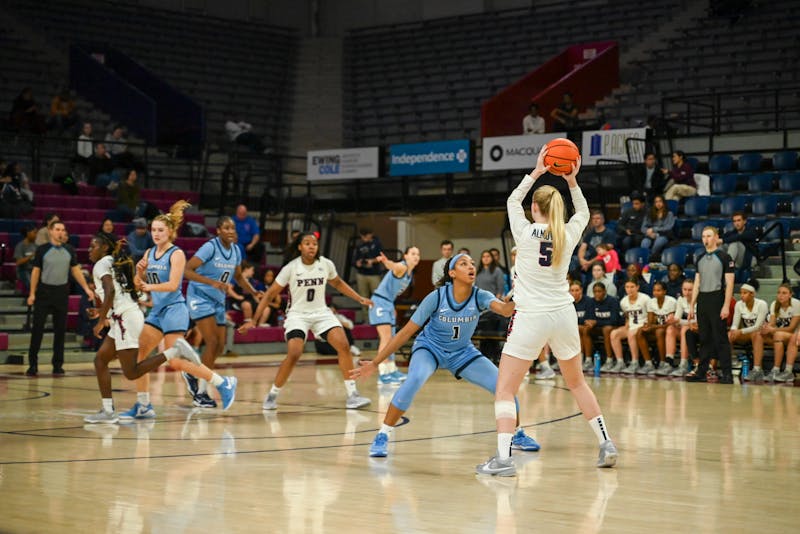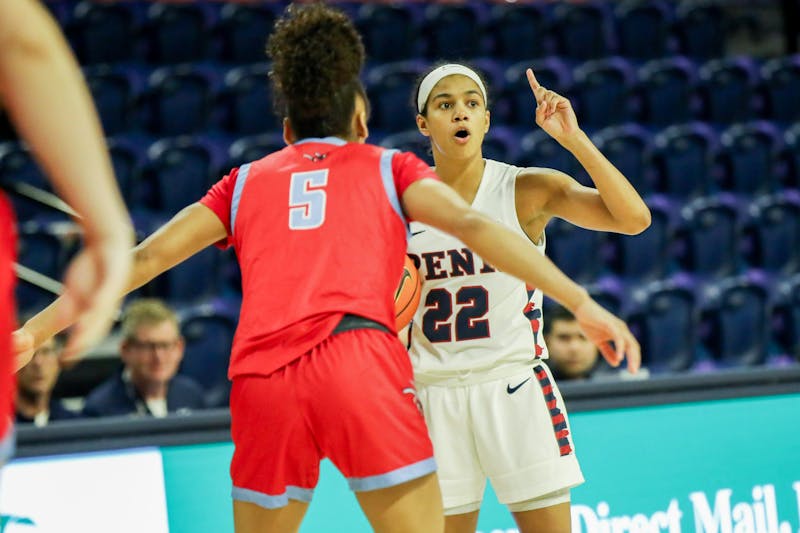
Penn Vice Provost for Global Initiatives Ezekiel Emanuel criticized actions taken by 1968 Wharton graduate and President Trump's administration against higher education in a recent op-ed.
The March 27 guest essay, published in The New Republic, was written in collaboration with Princeton professor Julian Zelizer and co-signed by nearly two dozen faculty members from universities across the country — including Penn Graduate School of Education Dean Katharine Strunk, Penn professors David Asch and Jonathan Zimmerman, and Penn Associate Vice Provost for Global Initiatives Amy Gadsden.
The article described the actions taken by the Trump administration as “a war on all higher education” and argued that Trump's “myriad” of attacks would “undercut their funding and trample their independence.” Higher education, Emanuel and Zelizer wrote, provides “important, ongoing contributions to the economy, science, knowledge, and citizenship” and its institutions must “collaborate” with the government to continue doing so.
“America’s colleges and universities make America great. They drive innovation, prosperity, national security, and social mobility,” the article read.
In a statement to The Daily Pennsylvanian, Strunk wrote that the op-ed also called on university educators to do a “better job” of articulating that higher education is a public good, since the public “often forgets” the benefits of college outside of raising individuals’ earnings.
“If I could ask my colleagues in higher education across the country to do one thing, it would be to spend more time explaining why colleges and universities are important for our society, our democracy, and for the world,” Strunk wrote.
A request for comment was left with Emanuel and the other Penn faculty who co-signed the article.
The piece outlined a series of arguments asserting that Trump's “war” on colleges and universities would affect “every sector of our economy in every state, every American regardless of their politics or whether they work for a university, and the very fabric of our society.”
Emanuel and Zelizer claimed that if higher education “falters,” researchers, investors, and companies will take their knowledge and capital elsewhere, leading to “vast” consequences. The two also argued that American universities “attract” talented students from around the world and that higher education functionally serves as the “eighth-largest” United States export.
“Through operations, employee payroll, capital improvements, student, alumni, and visitor spending, the University of Pennsylvania contributes over $37 billion to the southeastern Pennsylvania economy, including $547 million in tax revenue to Philadelphia,” the article read.
The piece also asserted that participation in higher education has a direct correlation with civic engagement, citing that college graduates are more likely to vote, participate in community and volunteer organizations, and contribute “three times more to charity” than their non-college-educated counterparts.
According to Emanuel and Zelizer, college education offers far more than a financial benefit for its students.
“College fosters a transition to adulthood. By exposing students to new ideas and information, college challenges them to engage in deep self-reflection on their identities and inherited values and expand their sense of the world and its possibilities. Sharing this process with their peers fosters lifelong friendships, essential to a healthy and fulfilling life,” they wrote.
The authors admitted that colleges and universities are “far from perfect.” They argued that institutions of higher learning must “dismantle restrictions” on the freedom of speech and must consider how to “adapt education to twenty-first-century technologies.”
Still, they maintained that the way forward is not through the “denigration and destruction” of American colleges.
“It’s vital that the public does not lose sight of our important, ongoing contributions to the economy, science, knowledge, and citizenship. This is no time to sit silently as these cherished institutions, the envy of the world, are under dire threat,” Strunk wrote.
The Daily Pennsylvanian is an independent, student-run newspaper. Please consider making a donation to support the coverage that shapes the University. Your generosity ensures a future of strong journalism at Penn.
Donate








